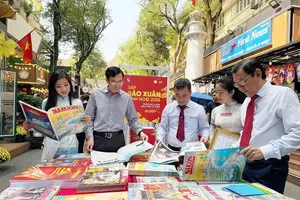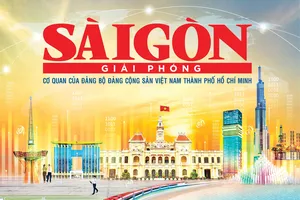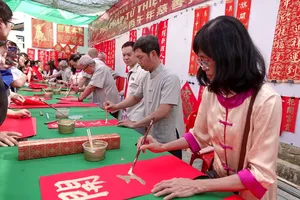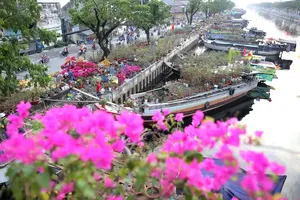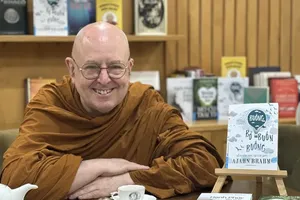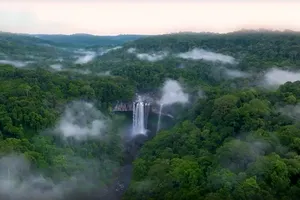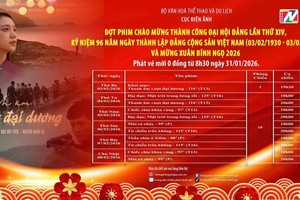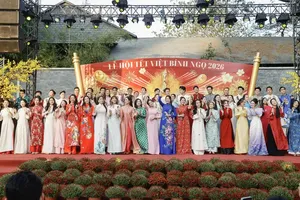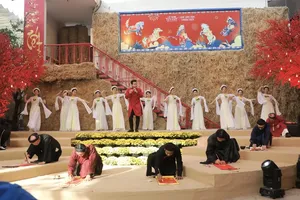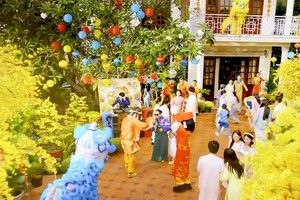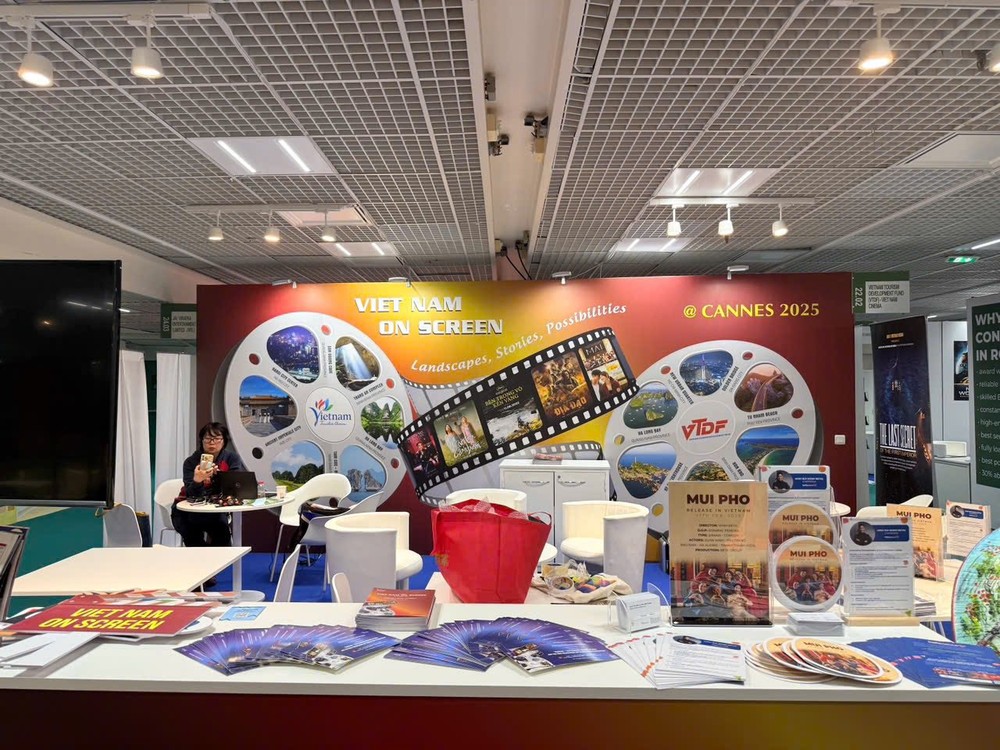
Cinema is not only the seventh art but also one of the most powerful communication channels for promoting the image of Vietnam — its people, culture, and landscapes. This, in turn, helps attract high-quality tourists and elevate the national tourism brand.
Speaking at the event, Nguyen Trung Khanh, Director of the Vietnam National Authority of Tourism, highlighted Vietnam's dual potential in the film industry, not only as a destination with unique and novel filming locations, but also as a vibrant and growing film market with many opportunities for co-production and co-distribution.
In addition to its diverse landscapes, Vietnam is also rich in culture and people, with 54 ethnic groups living together, thus creating a vibrant cultural mosaic of customs, festivals, cuisine, traditional attire, and architecture.
The country’s heroic history of thousands of years of nation-building and defence serves as an endless source of inspiration for epic and wartime works, he added.
Regarding international cooperation, Vietnamese Ambassador to France Dinh Toan Thang appreciated the collaboration between Vietnam and France, describing it as a "proud model," and expressing his desire to further strengthen this partnership through exchange, production, and training programmes.
Reaffirming the ambition to make cinema a key pillar in the cultural and economic development of the country, the ambassador invited international partners to explore the richness and diversity of Vietnamese cinema — a mirror reflecting a transforming nation that is open to the world and proud of its unique identity.
In addition to the screening of short films offering an overview of Vietnamese cinema, speakers, including directors, film producers, and representatives from the Vietnam Cinema Department, and the Vietnam Film Development Association, engaged in discussions and presentations on the scale and dynamism of Vietnam’s film market, and analysed both the opportunities and the untapped potential in film production, both domestically and through international collaboration.
They also shared successful co-production models, particularly highlighting how Vietnamese independent filmmakers are finding pathways to reach global audiences, while introducing the legal framework and supportive policies for film development, along with notable positive changes in the amended Law on Cinema, which demonstrate the Government’s strong commitment to creating an increasingly favourable environment for both domestic and international filmmakers.
In particular, during a discussion session on future strategies for connecting tourism and cinema, Khanh emphasised the importance of integrating tourism with cinema.
According to him, cinema is not only the seventh art but also one of the most powerful communication channels for promoting the image of Vietnam — its people, culture, and landscapes. This, in turn, helps attract high-quality tourists and elevate the national tourism brand.
As part of the 78th Cannes Film Festival, held from May 13 to 24, the Vietnam Night at Cannes will be held on May 16, aiming to provide international filmmakers, artists, and partners with an opportunity to meet, exchange ideas, and learn more about Vietnamese cinema, marking an important step forward in efforts to promote Vietnam as an attractive destination for international filmmakers.
